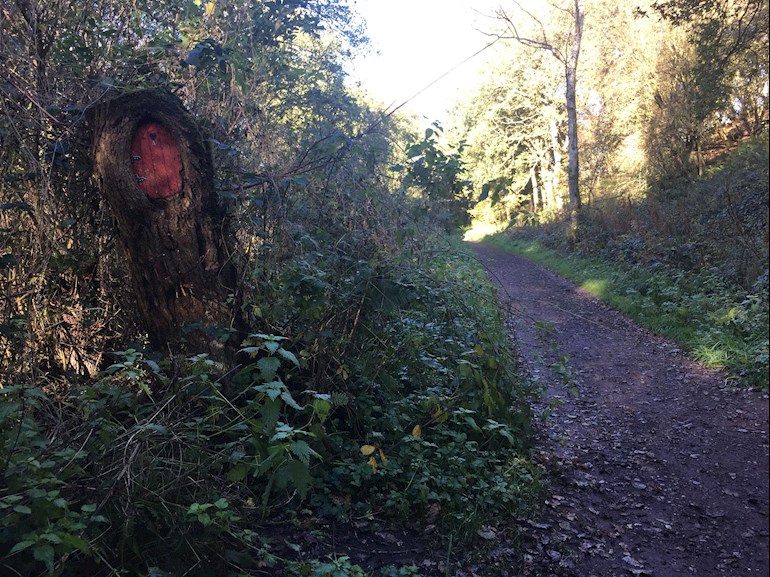Well after my last run, where following my plan of trying out the audio coached runs by Runkeeper (verdict in short: 🤮) ended up … let’s say re-adjusting the plan for that week, I needed a different kind of run and decided to do :
Podrunner Interval - Freeway to 10k Week 1
podcasts.apple.com/gb/podca...
The podcasts are meant for a walk-run program for couch to 10k, but as I am such a slow runner with a low cadence, it’s intervals between 2 minutes of 143 and 4 minutes of 153 allow me to just so gently push myself into a higher cadence.
So it kind of works ok, not perfect as there are some things I don’t like about choosing this for my interval runs:
- it’s only 45 min and my route is 58 min long
- the music is not my favourite but it has the specified BPM
In the last 10min I switched to Spotify choosing a list I put together of songs between 145 and 155 bpm and that just gave me so much more bounce than Podrunner’s EDM music.
(My Spotify list at open.spotify.com/playlist/4... )
It did make me think of how the major three trackers differ.
1. Strava obviously prioritises the social element, and it’s tracking and mapping features are built around that
2. NRC prioritises those fabulous audio-coached runs, and builds its offer (including training programs) around that
3. And Runkeeper prioritises stats and tracking, and has built its offer ( such as different voices for announcing stats and pocket tracking) around that.
And when Runkeeper tried to eat into the audio-coaching market, it just can’t compete. The trainers are not as good, the volume levels are wrong, the tech between balancing levels between background music and the audio coaching doesn’t work … just let it go, Runkeeper! You’ve got a great tracker app but audio-coaching is not your strength.
So for me this week it’s back to Spotify BPM lists or Podrunner podcasts.
Apart from that it was a frosty sunny run, my back was aching a bit without any reason I can think of but I’m already looking forward to the next 10k run at the weekend.
